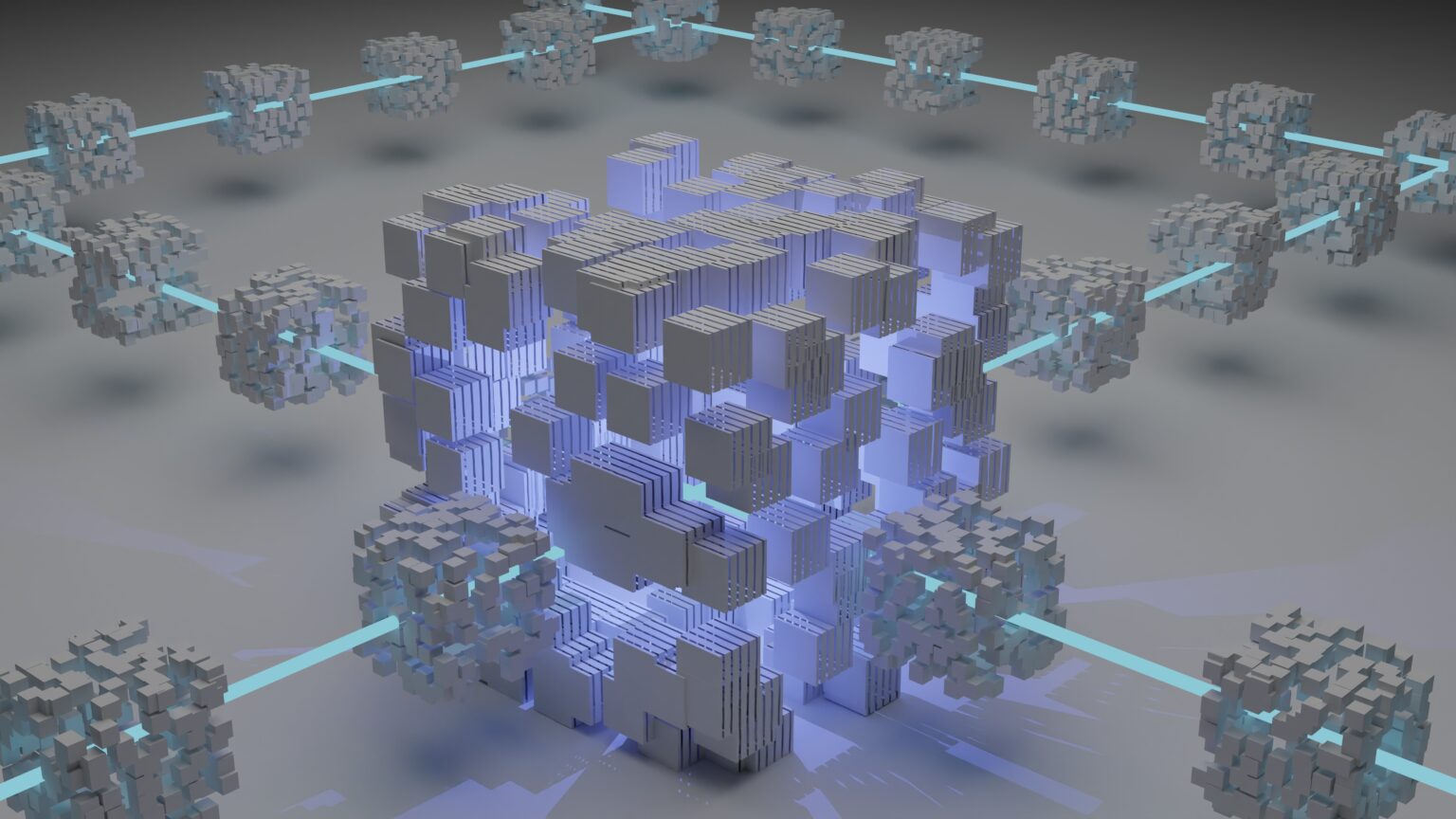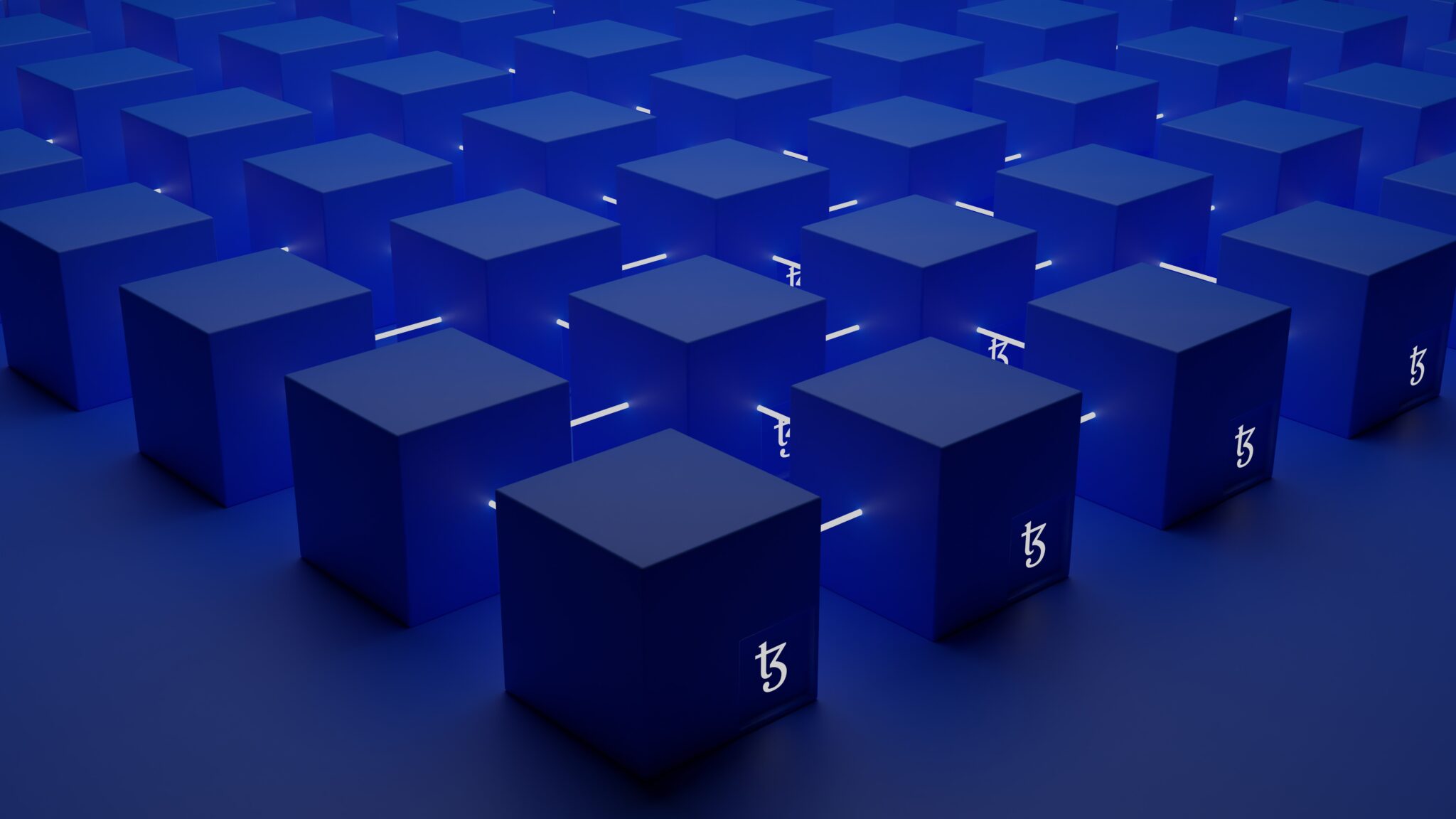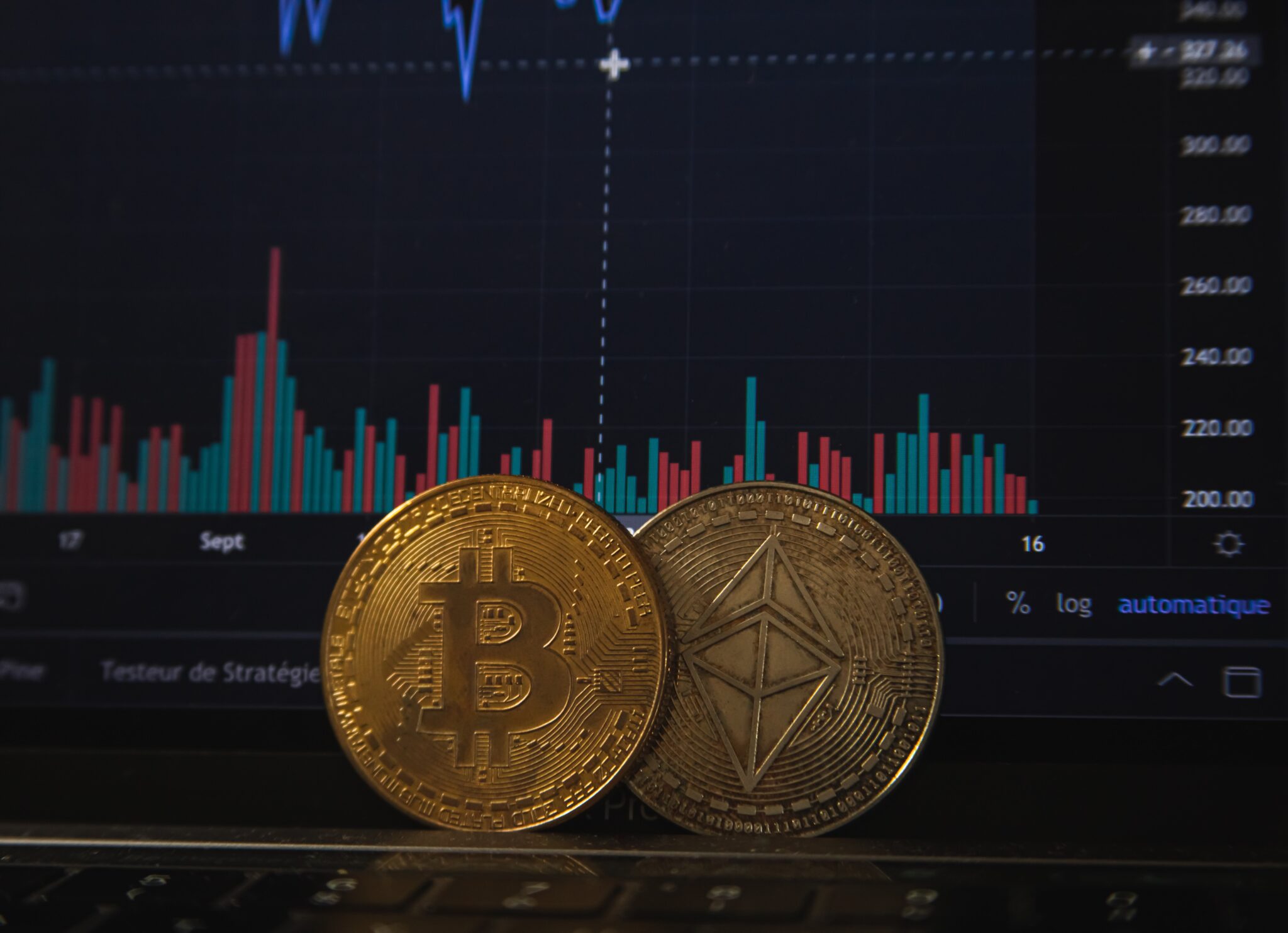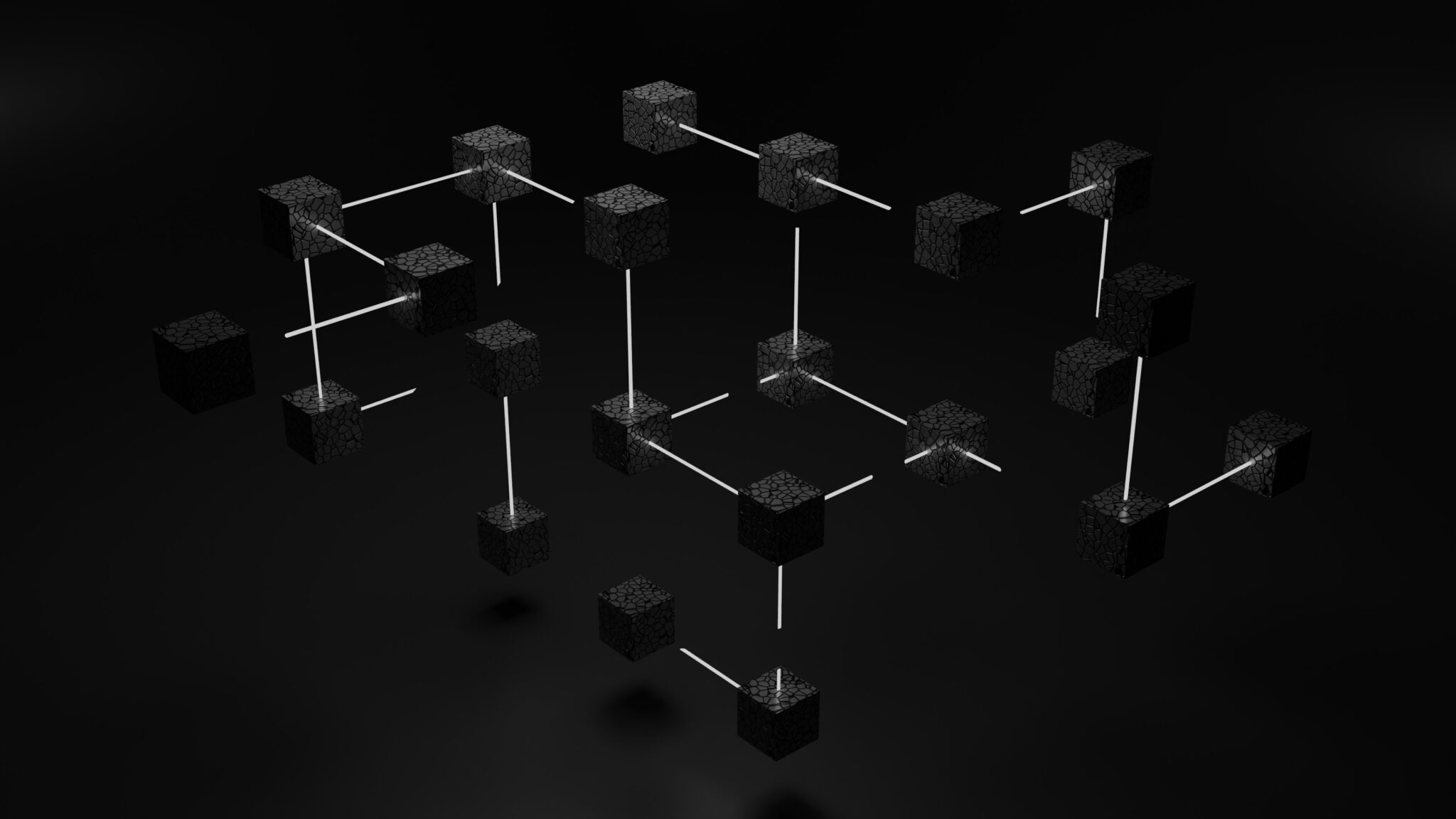Blockchain | The rapid evolution of blockchain technology has sparked numerous innovations across various industries. One of these advancements is the process of tokenization.

In this piece, we will explore the concept of tokenization in blockchain and its significance in the world of cryptocurrencies. We’ll discuss the mechanics of tokenization, its potential applications, and how it can lead to a more inclusive and efficient future.
What is Tokenization in Blockchain?
Tokenization within the context of blockchain refers to converting real-world assets or rights into digital tokens that exist on a blockchain network. These tokens act as programmable representations of tangible or intangible assets, inheriting the attributes of the underlying assets.
How Tokenization is Executed

Tokenization involves several crucial steps to ensure a seamless conversion of assets into digital tokens. Here’s a closer look at the process:
Identification of Assets
The first step in tokenization is identifying the assets or rights that will be represented by digital tokens. This could include physical assets like real estate, art, or commodities, as well as intangible assets like intellectual property rights.
Creation of Unique Tokens
Once the assets are identified, unique digital tokens are generated on the blockchain network. These tokens serve as digital representations of the underlying assets, containing relevant information and attributes.
Integration of Smart Contracts
Smart contracts, which are self-executing contracts with predefined rules encoded into the blockchain, play a critical role in tokenization. They govern the behavior of the tokens, including ownership transfers and predefined conditions.
Asset Custody
Safeguarding the custody of the underlying assets is vital in tokenization. Various custodial solutions exist to ensure the secure storage and management of the physical or digital assets that the tokens represent.
Distribution of Tokens
Once the assets are tokenized and smart contracts are in place, the tokens can be distributed among investors or participants. These tokens can be traded on exchanges or used for specific purposes within the ecosystem.
Advantages of Tokenization in Blockchain

Tokenization offers numerous benefits, leading to its growing popularity. Some key advantages of tokenization in blockchain include:
Enhanced Liquidity
Tokenization enables fractional ownership of assets, allowing investors to purchase smaller portions of high-value assets. This opens up investment opportunities to a broader range of individuals, thereby increasing liquidity in traditionally illiquid markets.
Transparency and Trust
Tokenization brings transparency to asset ownership and transactions. Blockchain’s immutability ensures that ownership transfers are verifiable and tamper-proof, reducing the risk of fraud and building trust among participants.
Accessibility and Inclusion
Tokenizing assets makes previously inaccessible markets available to a wider audience. Investors from around the world can participate in tokenized offerings, overcoming geographical barriers and promoting financial inclusion.
Cost Efficiency
Tokenization eliminates intermediaries involved in asset transfer and management processes, reducing administrative costs and streamlining operations, thus making asset ownership more cost-effective.
Versatile and Programmable Assets
Digital tokens can be programmed with specific functionalities, such as automatic dividend distribution, voting rights, or utility within an ecosystem. This programmability enhances the versatility and utility of tokenized assets.
Applications of Tokenization in the Crypto Realm

Tokenization finds applications in various sectors within the crypto space. Let’s explore some key areas where tokenization is making significant strides:
Tokenized Real Estate
Real estate tokenization allows fractional ownership and investment in properties. By dividing properties into smaller tokens, investors can access real estate markets with lower capital requirements. Additionally, tokenization streamlines property transactions, reducing time and complexity.
Art and Collectibles Tokenization
Tokenizing art and collectibles offers opportunities for art enthusiasts to invest in rare pieces and share ownership. Fractional ownership of high-value artworks enables broader participation in the art market, promoting liquidity and investment diversification.
Tokenized Securities
Tokenized securities represent traditional financial instruments like stocks, bonds, or funds in digital form. By leveraging blockchain technology, tokenized securities offer increased liquidity, faster settlement times, and enhanced transparency compared to traditional securities.
Monetizing Intellectual Property Rights
Tokenizing intellectual property rights enables creators to monetize their work by selling or licensing digital tokens. This allows artists, musicians, and content creators to directly engage with their audience and receive fair compensation for their creations.
Optimizing Supply Chain Management
Tokenization can optimize supply chain management by providing a transparent and auditable record of the movement of goods. By tokenizing assets at each stage of the supply chain, businesses can track and verify the origin, authenticity, and condition of products.
The Future of Tokenization in Blockchain

The future of tokenization holds immense potential to reshape industries and traditional business models. As blockchain technology continues to evolve, we can anticipate further innovation and expansion in tokenization. Some potential future developments include:
Tokenization of Commodities
Tokenizing commodities like precious metals, oil, or agricultural products could revolutionize commodity trading, making it more accessible and efficient.
Tokenization of Debt and Derivatives
Tokenized debt instruments and derivatives can improve the efficiency of capital markets by simplifying settlement processes and reducing counterparty risk.
Tokenized Identity and Credentials
Blockchain-based tokenization can enhance the security and privacy of personal identity and credentials, enabling individuals to have more control over their digital identities.
Tokenization of Carbon Credits
Tokenizing carbon credits can facilitate transparent trading and tracking of carbon emissions, contributing to the development of a sustainable and environmentally friendly economy.
Tokenization in blockchain represents a significant advancement in the world of digital assets. By enabling the transformation of real-world assets into digital tokens, tokenization offers increased liquidity, transparency, and accessibility. With its diverse applications in various sectors, tokenization has the potential to revolutionize industries and redefine traditional business models. As blockchain technology continues to mature, we can anticipate further growth and innovation in the field of tokenization.
<Crypto Gambling Regulations: US、UK & Canada>
Embracing the Future of Tokenization

The world of blockchain and tokenization is evolving rapidly. Understanding the concept, process, and advantages of tokenization allows individuals and businesses to leverage this technology and unlock new opportunities. Whether it’s fractional ownership of real estate, investment in rare collectibles, or the tokenization of securities, the potential for tokenization in blockchain is vast. Embracing this transformative technology can lead to a more inclusive, transparent, and efficient future.
FAQs
Q: Can tokenization in blockchain be applied to intangible assets like patents or copyrights?
A: Yes, tokenization can be extended to intangible assets such as patents or copyrights. By representing these rights as digital tokens on a blockchain network, tokenization enables creators to monetize their intellectual property and establish transparent systems for licensing or selling their work.
Q: How does tokenization in blockchain enhance transparency in supply chain management?
A: Tokenization in supply chain management brings transparency by assigning unique digital tokens to each stage of the supply chain. These tokens can store relevant information about the origin, quality, and movement of goods. Through blockchain’s immutable and auditable nature, stakeholders can track and verify the authenticity and condition of products, reducing the risk of counterfeiting and promoting transparency.
Q: What are some potential future applications of tokenization in blockchain?
A: Some potential areas include tokenization of commodities like precious metals or agricultural products, which can revolutionize commodity trading. Tokenization of debt and derivatives can simplify settlement processes in capital markets; tokenized identity and credentials can enhance security and privacy; and tokenization of carbon credits can enable transparent trading and tracking of carbon emissions to promote sustainability. These are just a few examples of the wide-ranging possibilities for tokenization in the future.
<Web3.0 – In-depth Understanding of Digital Assets, NFTs, and DeFi>



